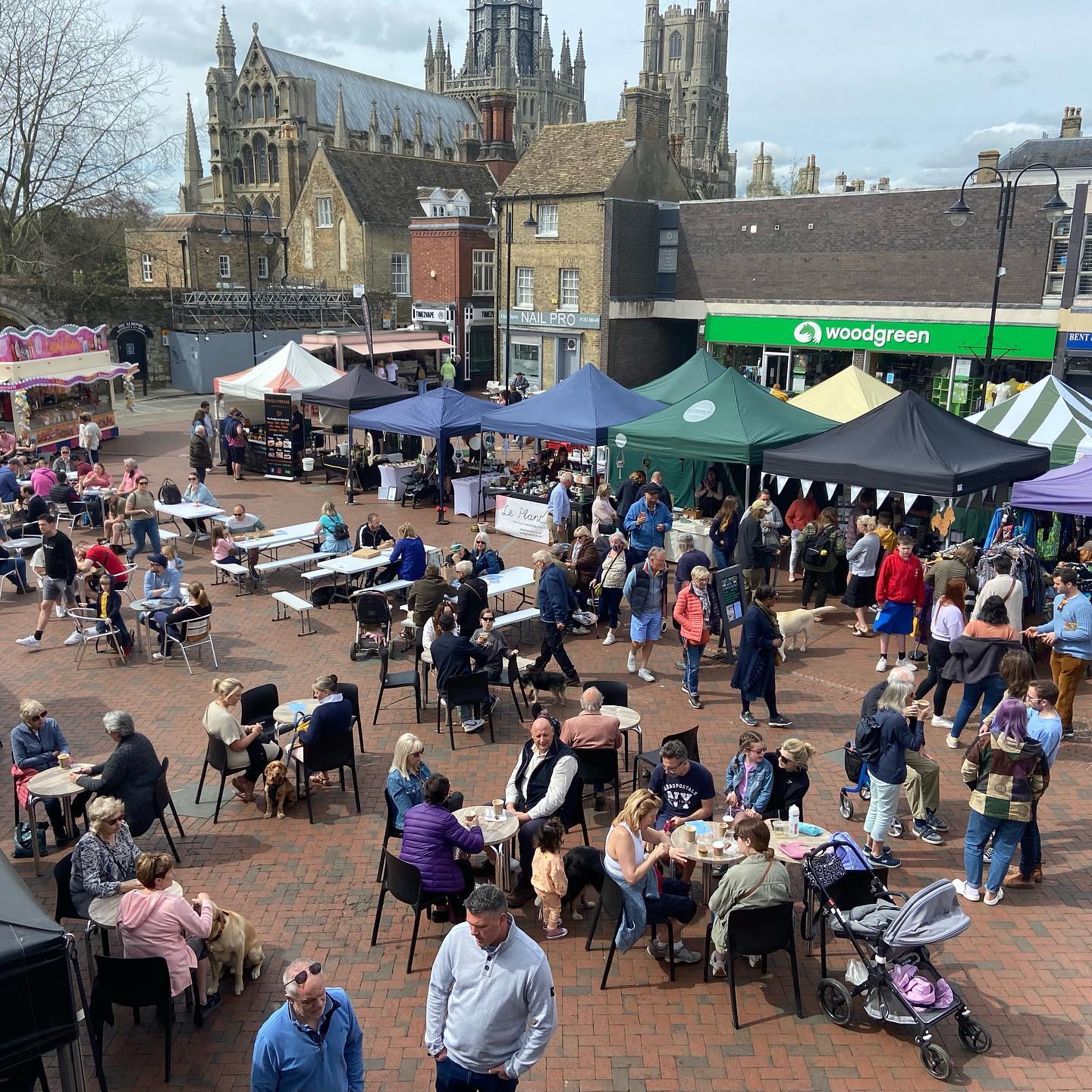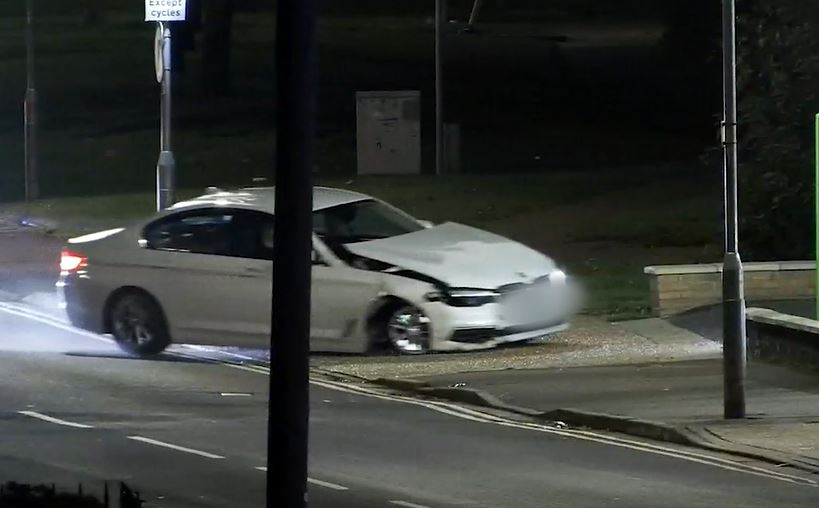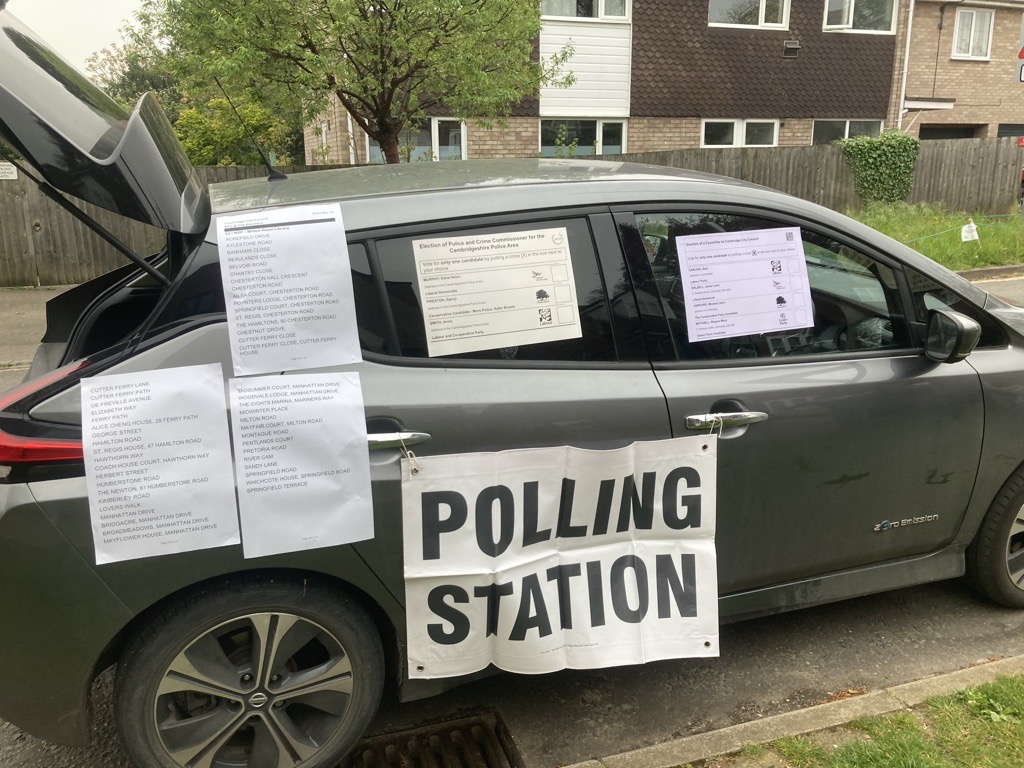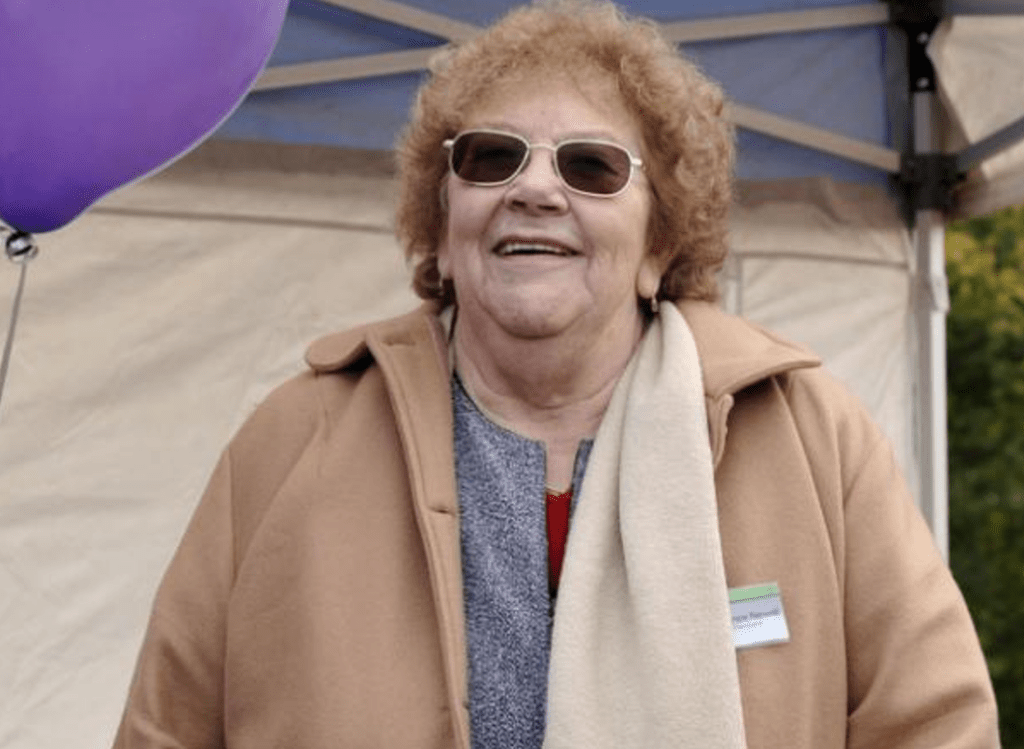The leader of East Cambridgeshire District Council has expressed misgivings with Cambridgeshire County Council over its decision to implement a 20mph across all of Ely. Cllr Anna Bailey, the leader of Tory controlled East Cambs District Council, said: “I think a more nuanced, street by street approach would be better with well publicised consultation.
“I am concerned that the consultation was poor and that parishes were not well consulted”.
Her comments, on X (formerly Twitter), came ahead of a decision made on Wednesday by the county council to approve the city wide 20mph restriction.
The county was told that that East Cambridgeshire District Council “recognises the 20mph principle and potential benefits”.
But the council had also requested that the consultation should have been open to residents of east Cambridgeshire that use Ely and not just people from Ely itself.
“Cambridgeshire County Council should adopt an evidence-based approach to the implementation of 20mph schemes,” East Cambridgeshire Council said.
Almost two thirds of those who responded to a consultation by Cambridgeshire County Council backed the proposal.
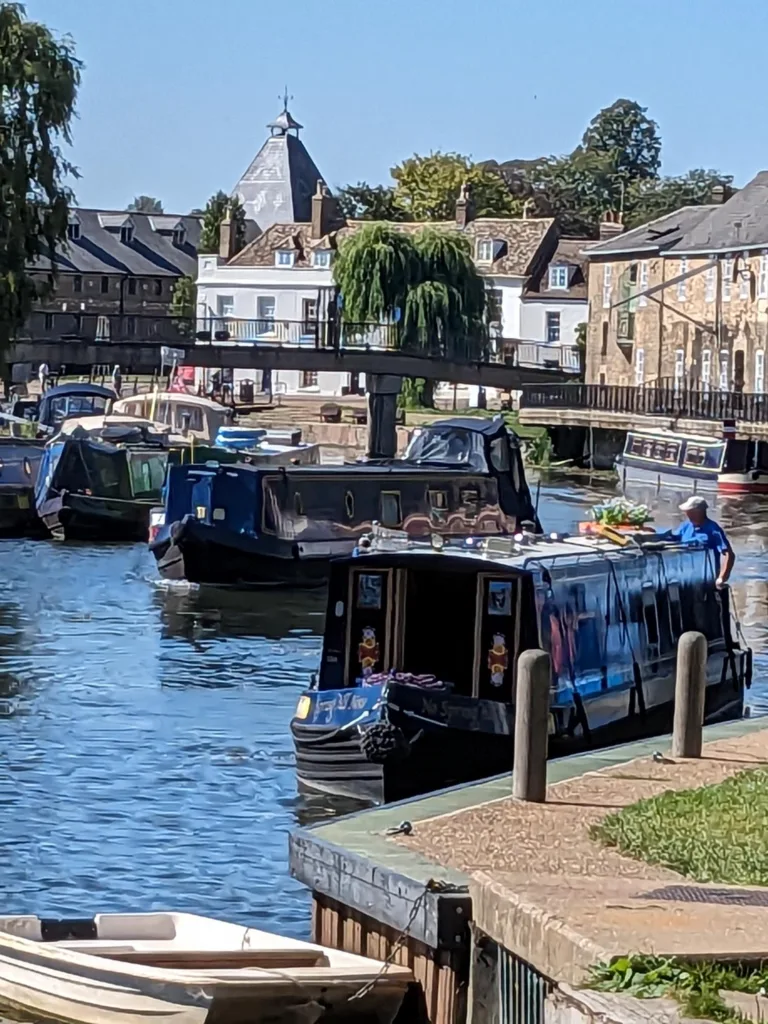
A report considered by the county council found there was 62 per cent support (including Ely City Council, East Cambridgeshire Liberal Democrat Group) whilst 33 per cent objected.
“Objections included, but were not limited to, concerns around motorist compliance and subsequent enforcement, the lack of ongoing highways maintenance,” says a report by the county council.
Sign off to the 20mph came after a meeting was held with local councillors where responses received during the consultation period were reviewed.
It was agreed to install the 20mph speed limit zone with a minor amendment, to include the section outside Tesco and the train station.
Furthermore, the decision about the installation of speed cushions was deferred.
“The scheme was put forward by local councillors on behalf of the community in response to the county council’s call for 20mph schemes,” said a county council spokesperson.
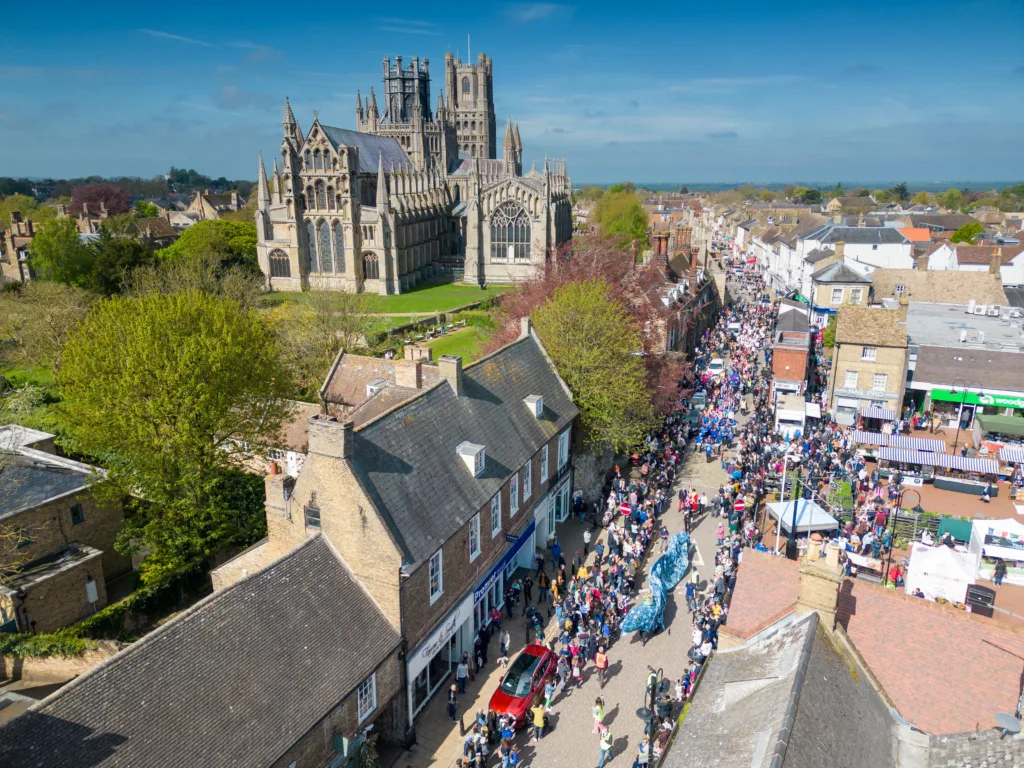
“It is being funded by the Transforming Cities Fund and will be implemented by April 2024.”
A consultation for the proposal of a 20mph speed limit for the whole of Ely started in July and, following an extension, the consultation period closed on 21 September.
The Traffic Regulation Order (TRO) procedure is a statutory consultation process, and 195 responses were received – 65 objected to the proposals, 122 were in support and eight were neutral. There was little support for the installation of speed cushions.
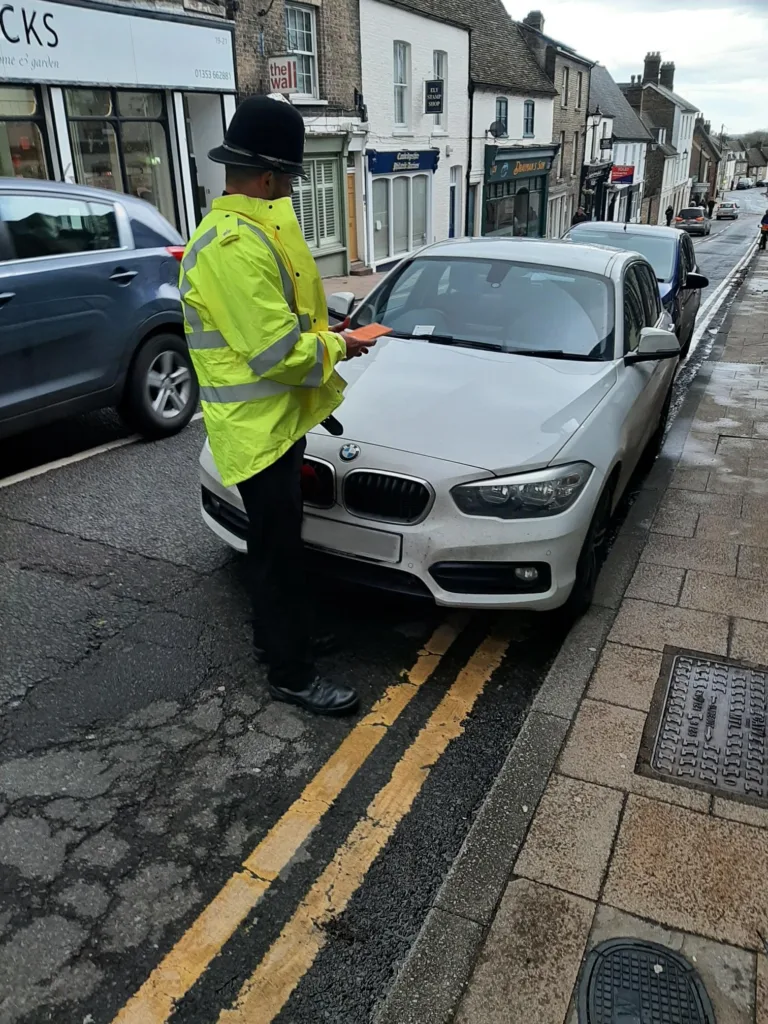
Cllr Piers Coutts, Lib Dem county councillor for Ely South, said: “Cllr Whelan and I have heard from many residents about these plans, and we’re excited about the benefits these changes will bring to the lives of everyone in the city.
“It is clear from a variety of sources on the benefits in terms of improved road safety and reduced pollution. We look forward to the new speed limit being in place next year.”
Cllr Alex Beckett, chair of the county highways and transport committee, said: “Speed kills. Studies have shown even a 1mph drop in speed reduces collisions by 6%.
“Reducing speed limits from 30mph to 20mph can cut pollution by 30% and reduce the chance of a severe or fatal injury in the event of a collision by a staggering 60%. This is why it’s important we continue to create more 20mph areas.
“I’m pleased to hear 20mph will soon be rolled out in Ely and see the residents benefitting from cleaner air and safer travel, both of which are a priority for the council.”
Another objector claimed that bus timetables will need to be changed as routes will take longer but the county’s response was that “the council has consulted with bus companies to which there has been no response”.
The county council said police did not formally objected but mentioned that the National Police Chiefs Council maintains the view that 20mph restrictions are not supported unless current mean speeds on the affected roads are 24mph or less OR said proposals are accompanied by physical measures to render those restrictions self-enforcing.
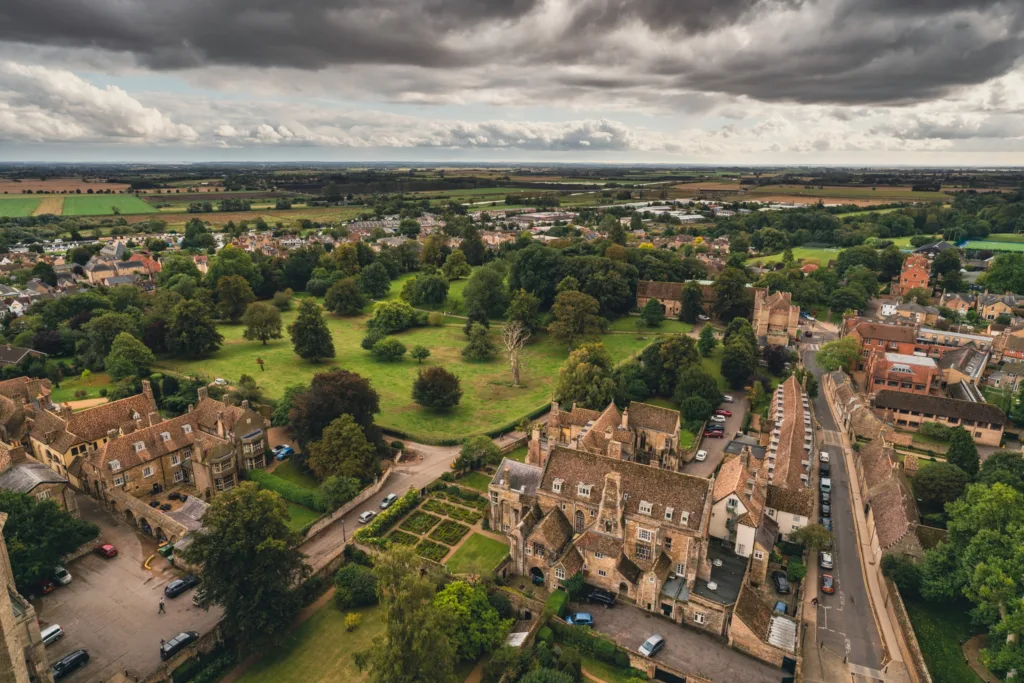
“On the affected road(s) reliance should not be placed on police, being the enforcement agency, to conduct specific, targeted, or routine enforcement activity to achieve compliance unless specifically and locally agreed,” said the county council report discussed by the highways committee.
“However, the police understand and support the rationale behind setting a 20mph speed limit in improving general road safety and resultant injury collisions.
“The Road Haulage Association identified unintended consequences including but not limited to:
- Potential increase in driving time hours.
- Delay in product delivery.
- Inefficiencies in vehicle operations, potential for increase emissions due to vehicles not operating within optimal parameters.


